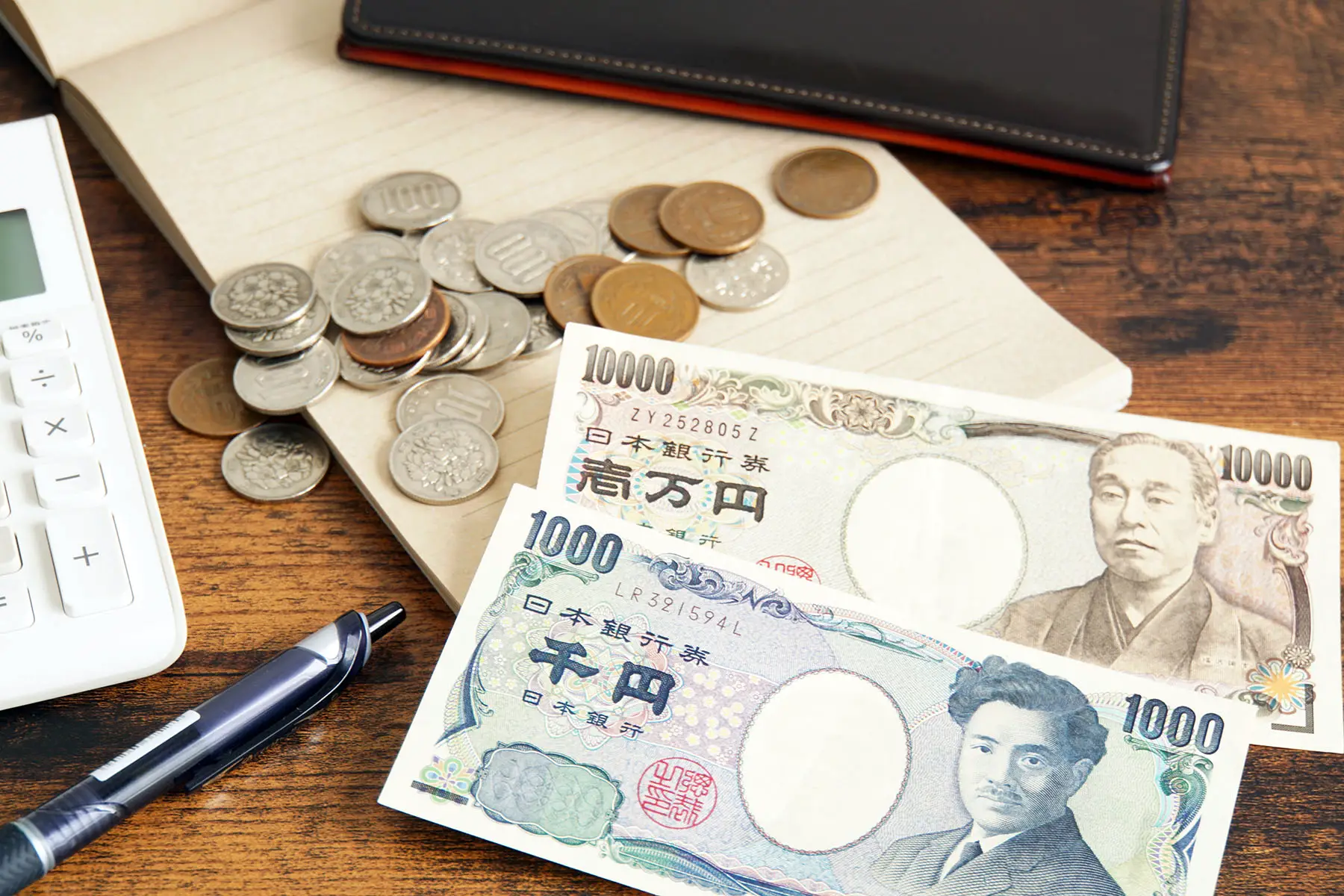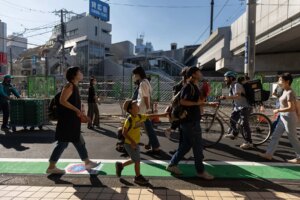After moving to Japan, you’ll receive an Individual Number. This serves as your main form of ID when dealing with government agencies. You can also use your number to access public services in your local municipality (自治体).
Individual Numbers are allocated automatically, but if you want an associated identification card, you’ll need to apply for one.
Learn more about the ID system, including advice on the following:
The Individual Number (My Number) in Japan
The most important form of identification in Japan is the Social Security (社会保障) and Tax Number (税番号). These are commonly known as the ‘Individual Number’ (個人番号) or ‘My Number’ (マイナンバー). The government introduced the Individual Number in 2016 to replace the Basic Resident Registration Scheme.

The Japan Agency for Local Authority Information Systems (J-LIS) (地方公共団体情報システム機構) issues these permanent ID numbers to all citizens and foreigners with resident status. It serves as permanent identification for people living, working, or studying in the country. It is primarily used for tax (税金), social security, and disaster (災害) response purposes.
An Individual Number is 12 digits long, and you will have the same unique number your whole life, even if you have lived abroad. Once you have your number, you can apply for a plastic identification card – commonly called ‘My Number Card’ (マイナンバーカード).
Official data (in Japanese – Q7) from Kioicho Strategy Institute (紀尾井町戦略研究所) shows that only 56% of Japanese residents had received a My Number Card by October 2022. That’s why the government implemented targeted campaigns to increase applications.
The success of said campaigns had unintentional consequences: system overload and data breaches. According to the Japanese Ministry of Health (厚生労働省) (2023), these issues led to administrative errors adding the wrong personal information to thousands of ID cards.
What information does the government keep about me?
The My Number Card contains the following information:
- Full name (氏名)
- Address (住所)
- Date of birth (生年月日)
- Photo
- 12-digit Individual Number

The card also includes a microchip. As it is linked to sensitive information, you should only disclose your ID number to others in trusted and legitimate circumstances. These include:
- To your employer for tax purposes
- For procedures at government offices
- For banking services
If it is lost or stolen, you must report it immediately. You can do so by calling 0120-0178-27 (service available 24/7 in English, Chinese, Korean, Spanish, and Portuguese) and filing a police report (警察).
Since you use this ID number for so many services, losing it can potentially leave you open to identity theft. With this in mind, you may wish to keep it safe at home when you do not need to use it.
Using your Individual Number and My Number Card
Official services
The Individual Number is your primary form of identification in Japan, used for various official services. You will see it on your payslip and need it for tax and social security purposes. Relevant agencies will also access it for disaster response.
Many municipalities provide electronic services in convenience stores (コンビニ). For example, you can obtain and print key documents, such as your electronic residence certificate (電子証明書), by using your My Number Card and entering your PIN.
However, to obtain public funds, you’ll also need to register on Mynaportal (マイナポータル). The government’s digital platform allows you to access various public services.
Additional uses of the Individual Number vary between cities. For example, you can even use your Japan ID as a library card in some areas.
Healthcare
Since 2021, residents could show their My Number Card as a form of identification to insurers and medical institutions to access healthcare. Still, you must register your card first for health insurance purposes on Mynaportal.

However, a survey by Kioicho Strategy Institute in October 2022 found that just 3% of respondents had used their card for health insurance. Around 35% of respondents said they’d registered but hadn’t used it or had not found a medical institution accepting it.
The Japanese government plans to stop using health insurance cards (健康保険証) entirely in favor of My Number Cards in Autumn 2024.
Banking
The My Number Card is useful when banking in Japan, making it easier to open your account. If you don’t have one, you’ll need to provide two alternative forms of identification.
Although some people choose not to register for an Individual Number and My Number Card, it is not advisable. Without a Japanese ID, it will be challenging to access public services.
Who needs an Individual Number?
Generally, Individual Numbers are allocated from birth, so if you have a baby in Japan, a number will be automatically generated when you register the birth.
For internationals, you can only get an Individual Number if you plan to stay longer than three months in the country. You will automatically be assigned a Japanese ID number when you register a home address or apply for a residence certificate. Of course, you do not qualify for one without a domicile.
How to apply for an Individual Number in Japan
Within two or three weeks of registering your address, you’ll receive a letter by registered mail containing your Individual Number Notice (個人番号通知書). If you miss the post, you’ll be left with a delivery notice and will have a week to collect the letter from the post office. This paper notice reveals your Individual Number, but you cannot use it for identification as it doesn’t contain your photograph.
Once you have received the notice, you can apply for a My Number Card with a smartphone (i.e., scanning the QR code on the application form), online, by post, or at your local municipal office (役所).

As part of the application process, you’ll need to provide a passport-style photograph (against a white background). If your children are younger than 15, you would need to apply on their behalf.
Once you have filed your application, you can check the status (in Japanese) online by entering your date of birth and 23-digit application ID. After about a month, you should receive another letter informing you to collect your card within three months and telling you the location and opening times of the collection point.
When collecting your card, you must take a form of ID and set a PIN once you have it. If you forget your PIN, you’ll need to visit the municipal office in person to reset it. Also, you must inform the municipality of a change of address.
My Number Cards are valid for 10 years or until the day your visa expires, whichever is sooner.
My Number Points campaign
To encourage the uptake of ID cards, the Japanese government periodically runs the ‘My Number Points’ or ‘MyNa Points’ (マイナポイント) campaign. This allows citizens to gain rewards when using their cards to access services.
For example:
- 5,000 points when applying for a card
- 7,500 points when registering for health insurance using the card
- 7,500 points for using it to receive public funds
Cardholders can spend these rewards at participating shops. You can find out more about how the scheme works and the latest deadlines on the official Individual Number website.
Business ID numbers in Japan
When setting up a business in Japan, you’ll be allocated a corporate number (法人番号) by the National Tax Agency (NTA – 国税庁). This 13-digit number works as a standard identifier for every company in the country.
It’s allocated automatically without having to go through an application process and is publicly viewable alongside the company’s name and registered address on the Tax Agency’s Corporate Number Publication Site.






